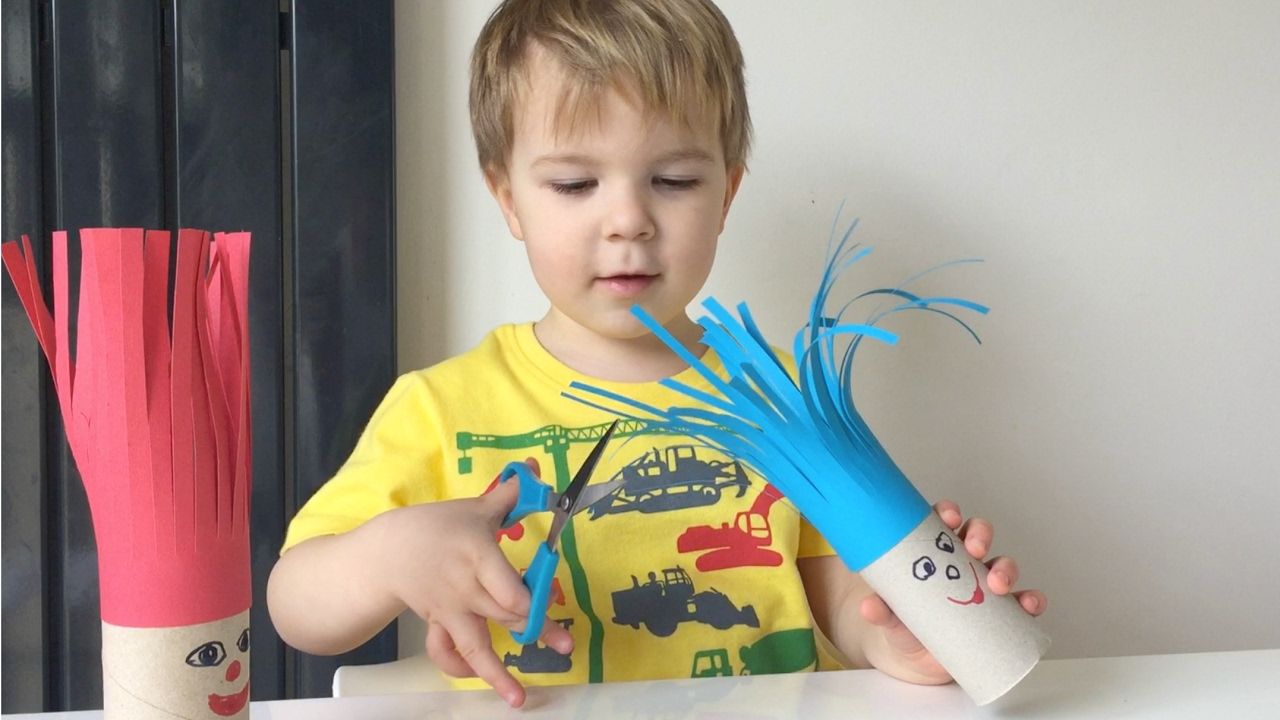Utilizando tu Certificación de 90 Horas para Completar tu CDA.
 Utilizando tu certificación de 90 horas para completar tu CDA.
Utilizando tu certificación de 90 horas para completar tu CDA.
¿Eres un proveedor de cuidado infantil en Maryland que tiene su certificación de 90 horas y te gustaría obtener tu certificación de CDA? ¡ChildCareEd está aquí para ayudarte! ¡Nuestro paquete CDA Bridge está diseñado especialmente para ti!
El entrenamiento se basa en el curso de 90 horas y contiene las 30 horas restantes del curso requeridas para obtener la certificación de CDA.
Paquete CDA Bridge: Preescolar
Paquete CDA Bridge: Infante / Niño pequeño
Paquete CDA Bridge: Cuidado infantil familiar
Estos paquetes de 30 horas están aprobados para maestros y proveedores de Maryland para la parte restante del requisito del curso de 120 horas del Child Development Associate (CDA). Con la credencial CDA para el cuidado infantil en centros, los profesionales podrán avanzar en su carrera y aumentar su potencial de ingresos. En este curso en línea, los estudiantes aprenderán los hitos del desarrollo importantes de los niños pequeños, así como a diseñar e implementar experiencias de aprendizaje efectivas que se centren en el desarrollo social, emocional, cognitivo y físico. También aprenderán cómo atender a niños con necesidades especiales y cómo fomentar una actitud profesional.
La credencial de Associate del Desarrollo Infantil (Child Development Associate o CDA) es la credencial más reconocida en la educación temprana (Early Childhood Education o ECE) y es el mejor primer paso en el camino hacia el avance en la carrera en ECE. En esta formación de 120 horas, los estudiantes cubrirán las 10 o más horas de capacitación necesarias para la credencial CDA profesional en las siguientes áreas temáticas:
- Planificación de un entorno de aprendizaje seguro y saludable
- Avance del desarrollo físico e intelectual de los niños
- Apoyo al desarrollo social y emocional de los niños
- Creación de relaciones productivas con las familias
- Gestión de un programa efectivo
- Mantenimiento de un compromiso con el profesionalismo
- Observación y registro del comportamiento de los niños
- Comprensión de los principios del desarrollo y aprendizaje infantil
Se provee capacitación y desarrollo sobre cómo crear tu portafolio profesional de CDA, así como recursos, hojas informativas y soporte interactivo del instructor a todos los estudiantes inscritos en este curso de CDA.
- Thinking about a career in teaching or working with children in a child care setting?
- UNITED STATES OF AMERICA - Alabama
- UNITED STATES OF AMERICA - Delaware
- COMAR Regs/Grupo Admi
- ChildCareEd tiene una nueva clase de lectura emergente!
- ChildCareEd está en el Registro de la Fuerza Laboral de la Primera Infancia de Arizona!
- Nuevos Cursos de Cuidado Infantil para Directores, Administradores y Proveedores de Cuidado Infantil en el Hogar
- Maryland CDA Funding has begun!
- Canada - Quebec
- Understanding Developmental Milestones in Spanish
- Cinco de Mayo in the Classroom: Mini Piñatas, Big Smiles
- 7 Fiesta-Fueled Classroom-Friendly Activities
- 10 Mistakes Candidates Make When Building Their CDA Portfolios
- From Tornadoes to Lockdowns: Prepare Your Childcare Center for the Unexpected
- NYC Roadmap: Your Early Childhood Education Journey in the Heart of New York City
- ChildCareED Is Ushering A New Era of Accessibility and Innovation in Early Childhood Education
- Navigating Early Childhood Credentialing in the Sunshine State of Florida
- Child Care Licensing in Texas: 2025 Rule Changes Every Director Needs to Know
- When Seconds Count: Real-Life Cases Where Health & Safety Training Saved Lives